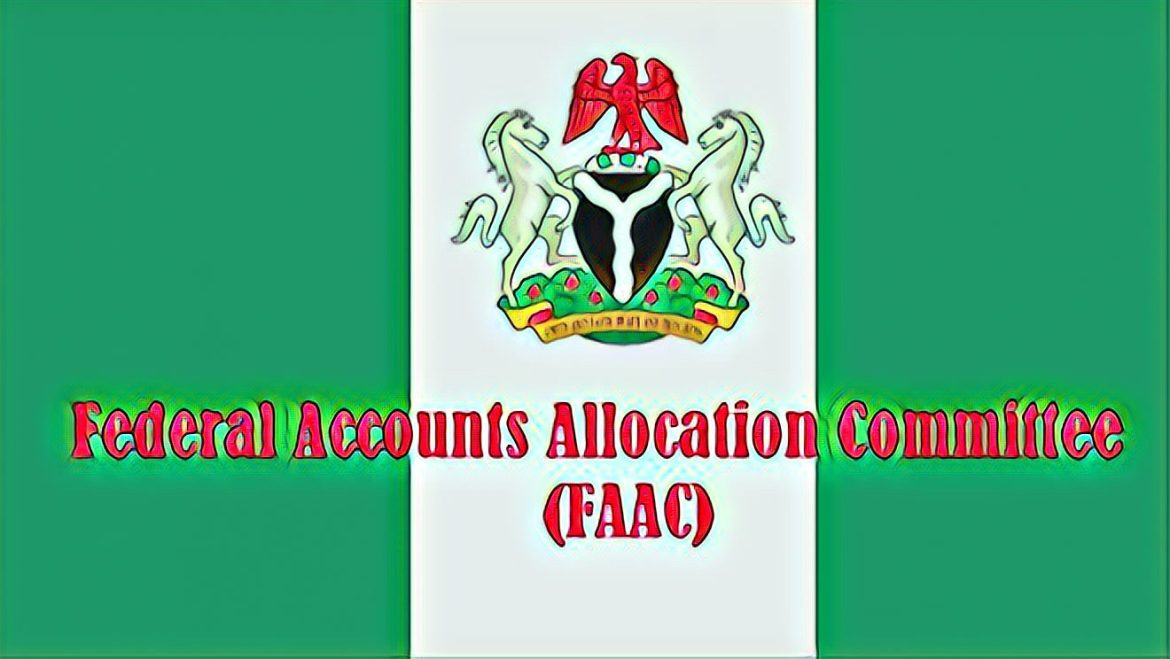In a significant development, the Federation Account Allocation Committee (FAAC) recently disbursed a total of N1.1 trillion to the federal government, state governments, and local government councils for the month of August. This revelation stems from a communiqué issued by the FAAC following its September meeting. Let’s delve into the details of this allocation and its implications.
The Sun reported that the breakdown of the allocation includes statutory revenue of N357.398 billion, Value Added Tax (VAT) revenue of N321.941 billion, and Electronic Money Transfer Levy (EMTL) revenue of N14.102 billion. Additionally, it comprises Exchange Difference revenue of N229.568 billion and an augmentation of N177.092 billion. This amalgamation culminated in a total revenue pool of N1.48 trillion for August 2023.
To ensure transparent financial management, the FAAC reported deductions amounting to N58.755 billion for the cost of collection, while transfers and refunds accounted for N254.046 billion. Additionally, savings of N71 billion were carefully recorded.
Digging deeper into the numbers, gross statutory revenue for August stood at N891.934 billion. However, it’s worth noting that this figure was N258.49 billion lower than the N1.1 trillion received in July. In contrast, VAT revenue for August showed an increase, totaling N345.727 billion. This represented a notable surge of N46.938 billion compared to the N298.78 billion recorded in July.
The distribution of these funds saw the federal government receiving N431.245 billion, state governments obtaining N361.188 billion, and local government councils being allocated N266.538 billion. Additionally, N26.473 billion, equivalent to 13 percent of mineral revenue, and N14.657 billion, reflecting 13 percent of savings from the Nigeria National Petroleum Corporation Limited (NNPCL), were earmarked for relevant states as derivation revenue.
Further breaking down the allocation, the federal government received N173.102 billion from the N357.398 billion distributable statutory revenue, while state governments obtained N87.800 billion, and local government councils received N67.690 billion. Concerning the N321.941 billion distributable VAT revenue, the federal government’s share amounted to N48.291 billion, state governments received N160.971 billion, and local government councils obtained N112.679 billion.
Noteworthy is the fact that August witnessed significant increases in VAT, Import and Excise Duties, and EMTL. In contrast, Petroleum Profit Tax (PPT), Companies Income Tax (CIT), and Oil and Gas Royalties recorded substantial decreases. As of the end of August, the Excess Crude Account (ECA) boasted a balance of 473.75 million dollars.
The allocation made by the FAAC plays a pivotal role in ensuring the financial stability and development of the federal, state, and local governments. It empowers them to fulfill various financial obligations, including providing essential public services, advancing infrastructure projects, and supporting social welfare programs.
As Nigeria grapples with economic challenges and revenue fluctuations, the responsible and equitable allocation of these funds becomes even more critical. Such an approach ensures that resources are effectively utilized to enhance the well-being and development of all citizens.
In conclusion, the FAAC’s allocation of N1.1 trillion for August underscores the importance of prudent financial management and fiscal responsibility within Nigeria’s governance framework. These funds are poised to make a significant contribution to the nation’s overall progress, ultimately benefiting citizens across all levels of government.


